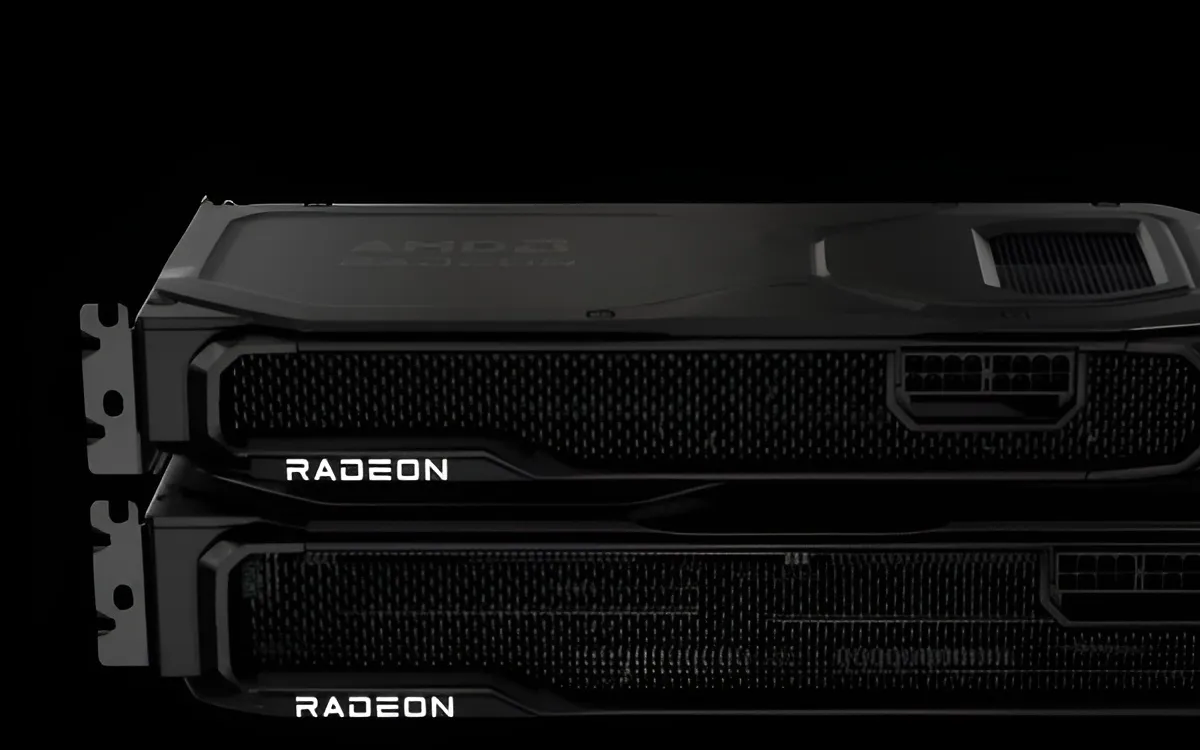
In a significant announcement, AMD has confirmed that its upcoming RX 9070 series GPUs will feature support for the ROCm software stack. This information was shared by AMD's Vice President of AI Software, Anush Elangovan, through a post on X, alleviating concerns from consumers eager to utilize these new graphics cards for AI-oriented workloads.
AMD recently unveiled its RDNA 4 GPU lineup, which has generated considerable excitement in the gaming community. Initially, there were doubts regarding whether the RX 9070 series would support ROCm at launch, leading to disappointment among users looking to leverage these GPUs for advanced AI tasks. However, Elangovan confirmed that support for ROCm would indeed be included, with a running sample already demonstrated, effectively quelling the uncertainty that surrounded this topic.
The revelation about ROCm support came during a Q&A session where AMD had previously shown reluctance to discuss compatibility with the RDNA 4 architecture. However, the recent confirmation by AMD's VP has clarified the situation, showcasing a running sample of ROCm on the RX 9070 series. While this is an encouraging development, there remains a crucial question regarding whether ROCm will be fully operational on the exact launch date, as no definitive confirmation has been provided yet.
AMD has been intensifying its efforts to enhance the ROCm software stack, aiming to compete more effectively with NVIDIA's CUDA, which has been a substantial contributor to NVIDIA's revenue growth. As edge AI applications continue to rise in popularity, many users are turning to AMD's high-end consumer GPUs for running these workloads locally. This trend highlights the increasing adoption of ROCm, reinforcing AMD's commitment to advancing its software capabilities.
The RX 9070 series GPUs are anticipated to deliver exceptional performance in the gaming sector while also providing value for consumers. Although they may not be the ideal choice for all AI workloads due to the VRAM specifications, they are certainly well-suited for the average consumer's needs. AMD's focus on improving both hardware and software solutions is a promising sign for users looking to enhance their computing experience.